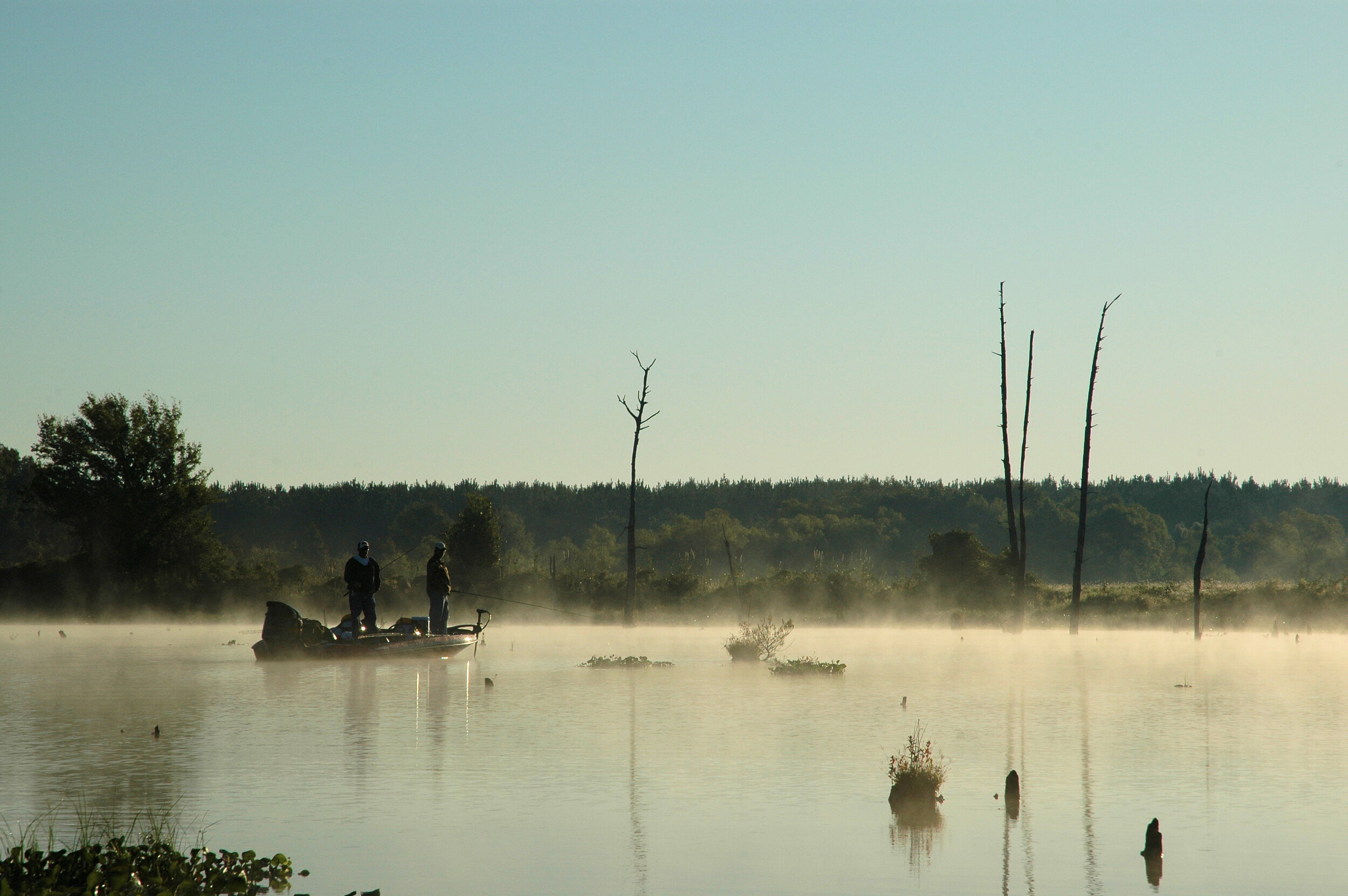Wildlife Watching Wednesday: The Industrious Honey Bee
By: Tom Berg
Everyone is familiar with honey bees, right? They make honey! And who doesn’t love honey? Actually, honey is just one of the substances produced by honey bees. They also produce beeswax, bee bread (eaten by young worker bees) and royal jelly (for the queen bee). Typically, though, just the honey and beeswax is harvested from honey bees by humans.
Surprisingly, honey bees are only one species of the 20,000 known species of bees in the world. Most of those species do not make honey, but quite a few do. The honey bees that we are most familiar with are called Western honey bees. These bees are the most common domesticated species of bee, and they are known for producing large quantities of surplus honey.
The Western honey bee is actually not native to the USA. It was likely brought here by European colonists who used it to pollinate crops (that they also brought), and for honey and wax production. The bees were always busy, and many escaped (swarmed) and started new bee colonies throughout much of the eastern and central United States.
Honey bees live together in a large colony, or hive, and there is typically just one female queen bee which lays all the eggs of the colony. The hive also houses thousands of male drone bees and female worker bees. The bees work together to gather pollen, build honeycomb cells, feed larvae and clean the hive. A bee hive is actually a very complex society.
Although honey bees are extremely important for the pollination of fruit and vegetable crops, it is not true that humans cannot survive without them. In fact, many crops like corn, wheat and rice are not pollinated by bees at all – they are pollinated by the wind. However, it would be a much poorer world if the industrious honey bee was to disappear, and some of our favorite foods might disappear with it!
Have you done something interesting outdoors? Join Global Outdoors and write a review to tell everyone about it! We’re building the home for trusted reviews of outdoor experiences, outfitters, and guides. Help us out and you’ll be entered to win free trips!


